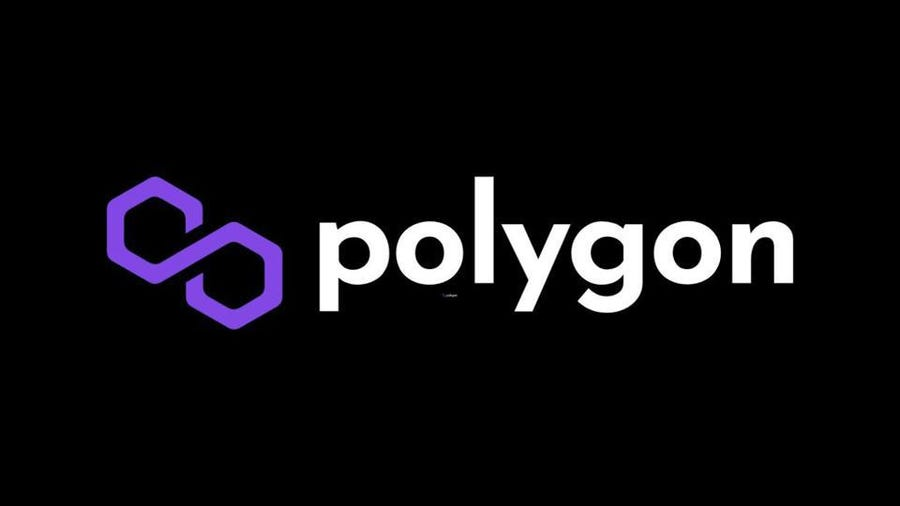
What is Polygon (MATIC)
Polygon, formerly known as Matic Network, is a decentralized platform based on blockchain technology that focuses on solving some of the scalability and adoption issues of the Ethereum blockchain. In this essay, I will delve into what Polygon is and how it works.
Simply put, Polygon is a decentralized network that uses blockchain technology to enable the execution of smart contracts and the creation of decentralized applications (dApps). Unlike other blockchain networks, such as Ethereum, Polygon focuses on improving scalability and reducing transaction costs, making it more attractive to developers and users.
One of the main advantages of Polygon is that it uses a “sidechain” approach, meaning it runs alongside the main Ethereum blockchain instead of being a standalone blockchain. This has several advantages:
- Developers can use Ethereum’s tools and technologies to build applications on Polygon, reducing the barrier to entry for developers already familiar with Ethereum.
- Polygon can leverage Ethereum’s security and decentralization, making it more secure and resistant to attacks.
Another advantage of Polygon is that it uses a “light chain” approach to improve scalability. Instead of having to process all transactions on a single blockchain like Ethereum, Polygon uses a set of parallel “light chains” to process transactions. This means Polygon can handle a higher number of transactions per second than Ethereum, making it more attractive for high-demand applications.
Additionally, Polygon has implemented a “logical fees” system, which allows users to pay for the execution of their smart contracts and decentralized applications in a stable currency instead of Polygon’s native cryptocurrency, reducing volatility and making the platform more attractive to users.
In terms of adoption, Polygon has seen solid growth since its launch in 2020. Currently, it has over 400 projects on its platform and has attracted some of the major players in the industry, such as Chainlink and Compound. Furthermore, Polygon has been working in collaboration with the government of India to develop blockchain technology solutions for the public sector and has announced plans to expand to other emerging markets in the future.
Although Polygon still has some challenges to overcome, like any blockchain project, it is an emerging platform with an innovative approach and great potential. With its focus on scalability and cost reduction, Polygon is an attractive option for developers and users looking for a solid and reliable decentralized platform. In summary, Polygon is an emerging decentralized platform that uses blockchain technology to enable the execution of smart contracts and the creation of decentralized applications. With its focus on scalability and cost reduction, Polygon is an attractive option for developers and users looking for a solid and reliable decentralized platform. It also has a decentralized governance system and an active and committed community.
It is important to note that, although Polygon has positioned itself as a “second layer” platform for Ethereum, it is also an independent network with its own community and decentralized governance. This means that, although it uses Ethereum’s technology and is designed to work in a complementary fashion with Ethereum, Polygon also has its own set of rules and governance mechanisms.
In terms of decentralized governance, Polygon uses a decentralized voting system based on participation to make important decisions about the network. Users can participate in these votes by using their native cryptocurrency, MATIC. In addition, Polygon has a Governance Council, made up of community representatives and industry companies, that advises the Polygon team and makes decisions about the direction of the network.
In summary, Polygon is an emerging decentralized platform that uses blockchain technology to enable the execution of smart contracts and the creation of decentralized applications. With its focus on scalability and cost reduction, Polygon is an attractive option for developers and users looking for a solid and reliable decentralized platform. It also has a decentralized governance system and an active and committed community.

Comments